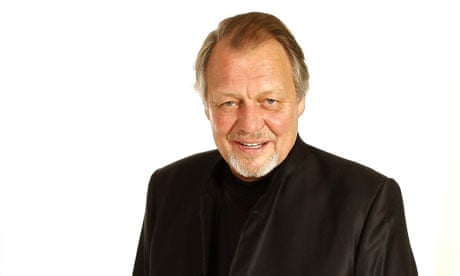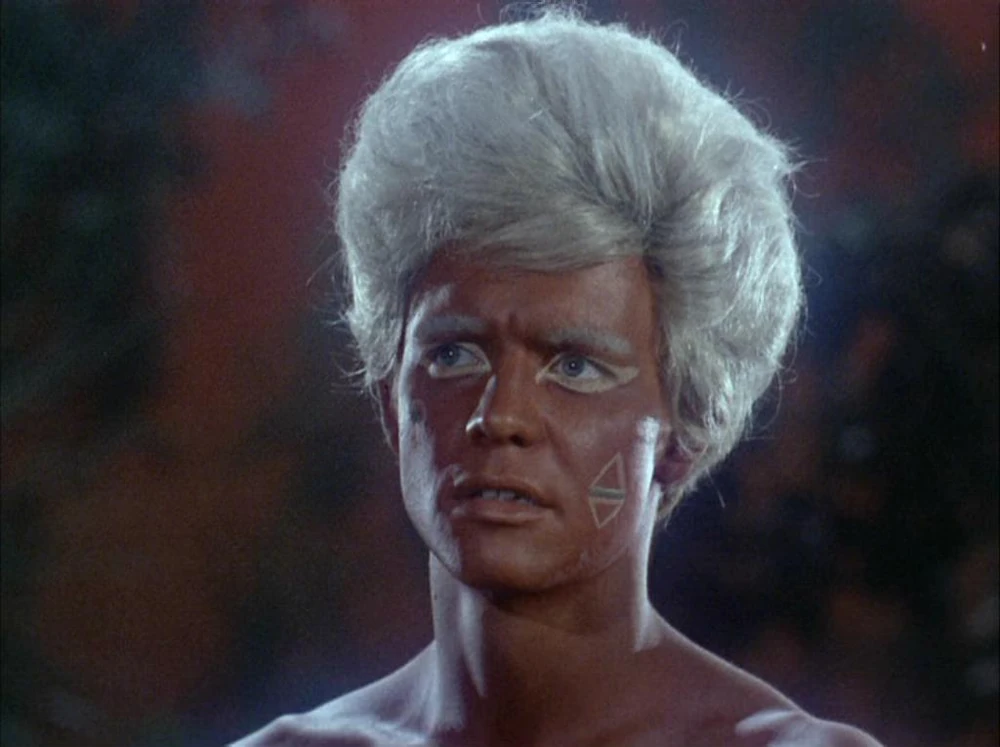Before I got on Days of Our Lives, I had never watched a serial and I had heard all the remarks downgrading the serials. The only reason I joined Days was to be able to stay in Hollywood and have more time home with my children. But now that I'm on Days, I'm very happy. Every day, I'm floored by the quality of the shows! I'm amazed at how well the shows are produced, and it's very satisfying for me, artistically.
-Bill Hayes
:max_bytes(150000):strip_icc():focal(791x0:793x2)/bill-hayes-days-of-our-lives-011224-4-f8833845e6ab47b5aaee9ab0125a9a2f.jpg) |
| William Foster Hayes III June 5, 1925 – January 12, 2024 |
Bill was born William Foster Hayes III in Harvey, Illinois, on June 5, 1925. He attended Whittier Grade School and Thornton Township High. In March 1943, while a freshman at DePauw University, he enlisted in the U.S. Navy Air Corps, and received his welcome letter on his eighteenth birthday ordering him to report for active duty on July 1. For the next 27 months, he trained to be a fighter pilot. He was two weeks shy of receiving his commission as a 2nd Lieutenant in the Marine Air Corps, scheduled to fly an F8F off a carrier, when World War II ended. He was awarded the American Campaign Medal and the World War II Victory Medal. Given the choice of reenlisting in the Navy or getting out immediately, he opted for civilian life. After five weeks of hitch-hiking around the Mid-West to celebrate with buddies who were also coming home, he returned to complete his Bachelor of Arts requirements at DePauw University, where he was a member of the Lambda Chi Alpha fraternity and graduated in June 1947 with a dual major in Music and English.
Hayes was a singer on the Sid Caesar and Imogene Coca variety show Your Show of Shows in the early 1950s. He had a supporting role in the 1952 black comedy Stop, You're Killing Me. During the Davy Crockett craze in 1955, three recorded versions of the Ballad of Davy Crockett were in the top 30. Hayes' version was the most popular: It was #1 on the Billboard Hot 100 for five weeks, sold over two million copies, and was awarded a gold disc. He also starred on Broadway in Rodgers and Hammerstein's Me and Juliet (1953). He had other small hits in the 1950s including "The Berry Tree" and covers of "High Noon" and "Wringle, Wrangle"; the latter was his only other Hot 100 hit, reaching #33 in 1957.
The character of Doug returned in 1986 and 1987 as well as 1993 and 1996. Later, he was on the show from 1999 onwards. His character was killed off in the spring of 2004 by Dr. Marlena Evans. In an elaborate plot hatched by head writer James E. Reilly, Doug turned up alive on a tropical island and went home to his wife.
In 2017, World by the Tail, a documentary about Bill Hayes's life, was released and made available for his fans to watch online.
On June 27, 2017, while present in the show's audience, Hayes was featured in an impromptu interview on a web special for The Tonight Show Starring Jimmy Fallon; in his heyday, he had been a guest on the Johnny Carson-hosted version of the show.
Hayes graduated from DePauw University with majors in music and English and became a member of Lambda Chi Alpha. Hayes earned a master's degree in music from Northwestern University.[8] and a Ph.D. in education from West Virginia University.
Hayes was married to Mary Hobbs from 1947 to 1969; they had five children. He was then married to Days of our Lives co-star Susan Seaforth Hayes beginning in 1974. Their relationship was so popular that they were featured on the cover of Time in 1976, the only soap opera stars to hold that distinction to date. In 2005, the couple published their joint autobiography, Like Sands Through the Hourglass. The couple also supported the West Texas Rehab Center, hosting the annual telethon in Abilene, Texas.
Hayes died on January 12, 2024, at the age of 98
 |
| Good Night Mr. Hayes |
 |
| Stay Tuned Tony Figueroa |












